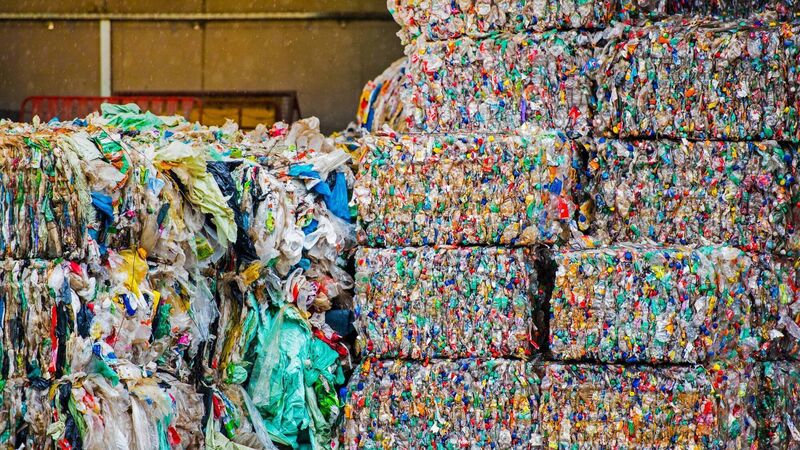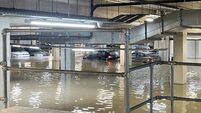Ireland wants to achieve a circular economy but progress is stalling

Ireland generated 15.7 million tonnes of waste in 2022. Although this is a decrease on 2021 figures, the figure has grown by 20% in the last decade.
Just before Christmas, the Environmental Protection Agency (EPA) published its Circular Economy and Waste Statistics Highlights report. It found Ireland generated 15.7 million tonnes of waste in 2022. Although this is a decrease on 2021 figures, the figure has grown by 20% in the last decade. This is not very encouraging.
David Flynn is director of the Office of Environmental Sustainability at the EPA. He said the report showed Ireland’s progress towards a circular economy was stalling.











